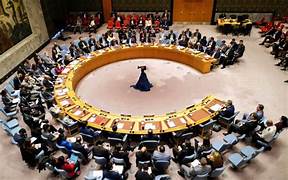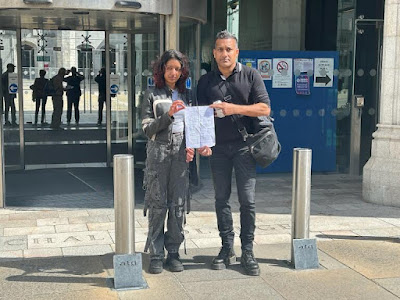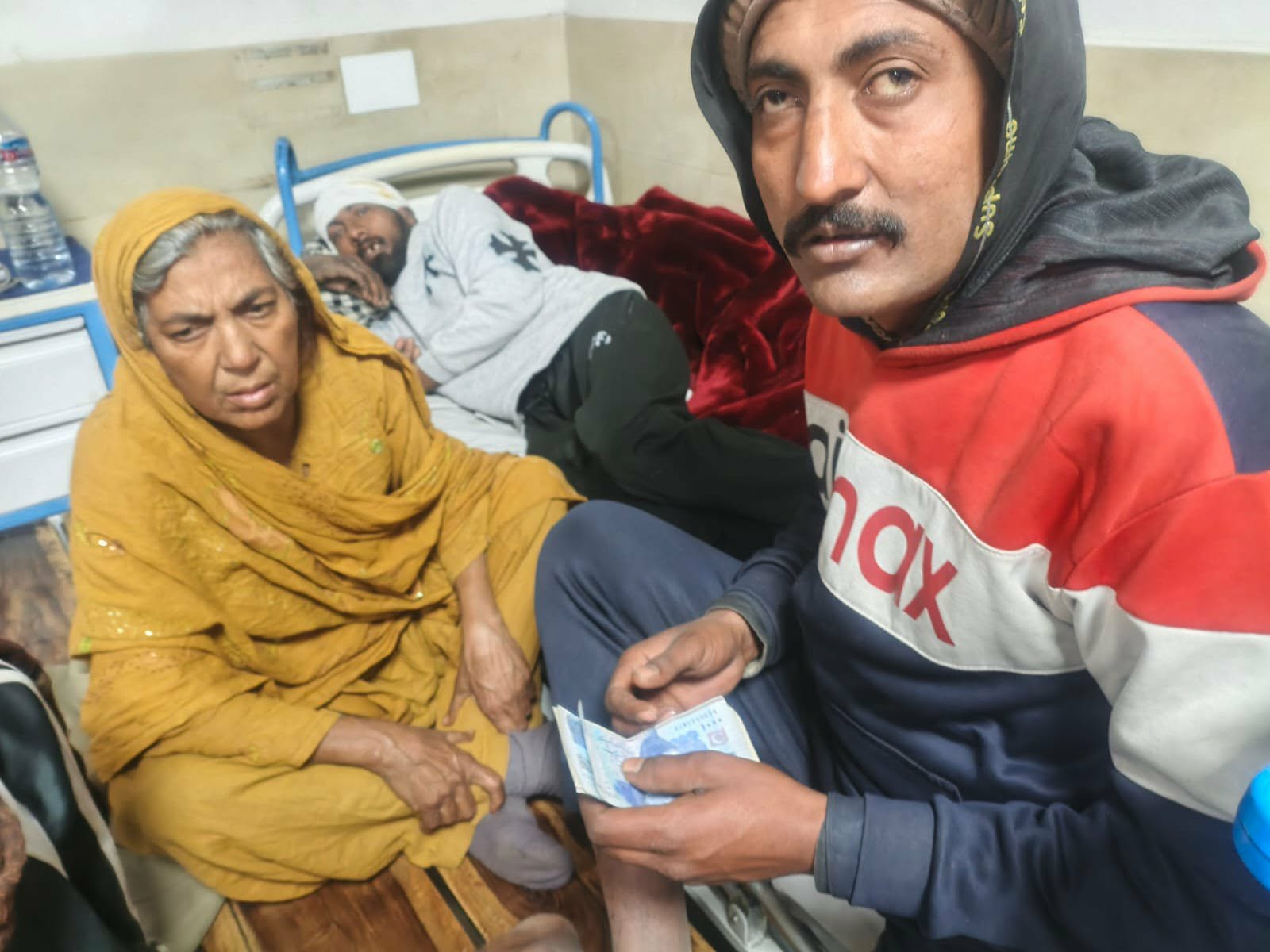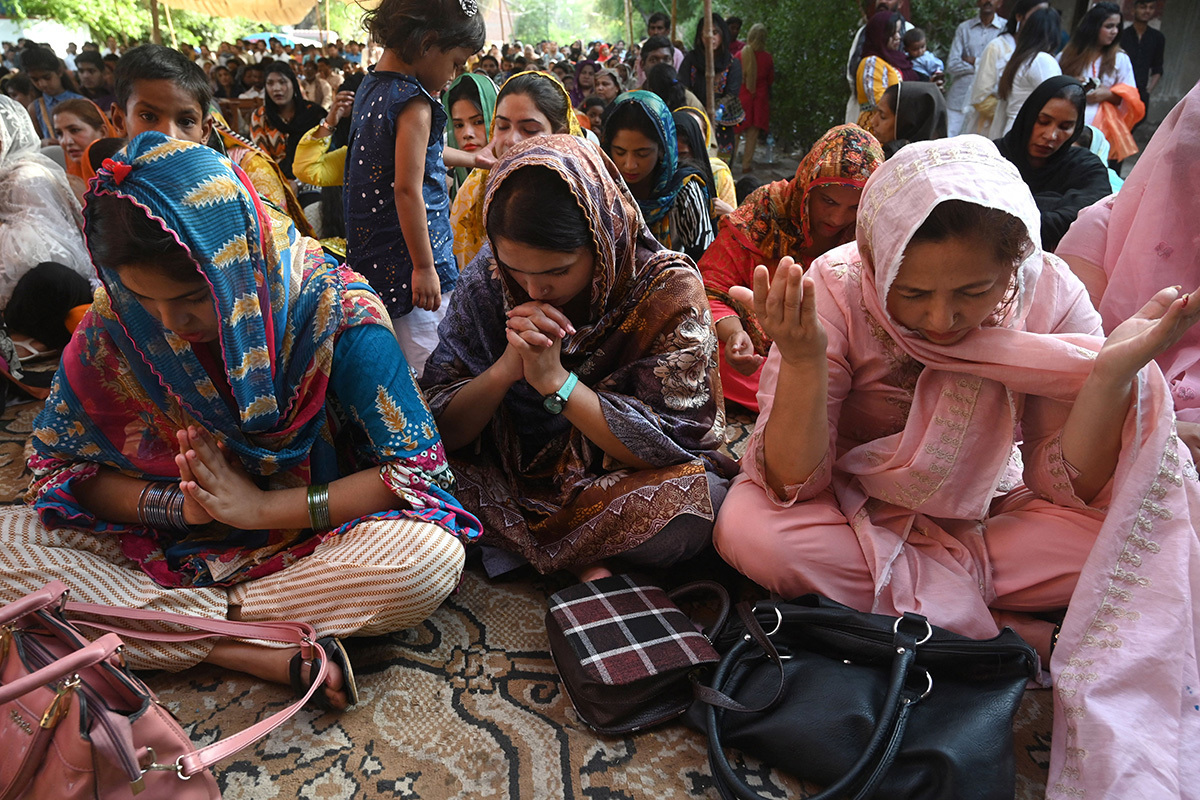UK: Wilson Chowdhry and his daughter Hannah Chowdhry taking the lead in the first meeting with senior Aberdeen council officers, advocating f
Mediation can provide pathway to resolving conflicts including Kashmir. By Dr. Ghulam Nabi Fai, Chairman, World Forum for Peace & Justice
Washington, D.C: During an open debate on promoting international peace and security through multilateralism and peaceful settlement of disputes, Antonio Guterres, the United Nations Secretary General said that “The architects of the United Nations Charter recognized that the peaceful resolution of disputes is the lifeline when geopolitical tensions escalate, unresolved disputes fuel the flames of conflict, and States lose trust in each other.” “Diplomacy — while not always successful in preventing conflicts, violence and instability — holds the power to stop them,” SG emphasized.
At the beginning of the debate, the 15-member Security Council unanimously adopted resolution 2788 (2025) which was issued as a document S/RES/2788(2025). The resolution called upon UN member states to use preventive diplomacy, mediation, and dialogue to avoid conflicts and to fully implement the UNSC resolutions for peaceful dispute resolution as envisaged under Chapter VI of the UN Charter.” “Furthermore, it called on Member States to support the Secretary-General’s mediation and preventive diplomacy efforts.”
Ambassador Stavros Lambrinidis, Delegation of the European Union to the United Nations made a statement on behalf of the European Union and its Member States. He said that “The UN Security Council is at the centre of the promotion of the peaceful settlement of disputes. Efficient action in all stages of the conflict cycle, particularly through preventive diplomacy, mediation and dialogue, remains essential.”
Ambassador Fu Cong, China's permanent representative to the United Nations said that “the UN Charter is the unshakable bedrock of the international order, and that it is not an a la carte menu. The international community must reject the law of the jungle, where more powerful nations bully weaker ones.” Ambassador Cong added that “Security Council resolutions are legally binding and must be implemented in both letter and spirit,” he added.
Acting U.S. Ambassador Dorothy Shea said “the Trump administration supports the United Nations’ founding principles of saving succeeding generations from the scourge of war and working with parties to resolve disputes peacefully. Under President Donald Trump’s leadership, she said, the U.S. has delivered “deescalation” between Israel and Iran, India and Pakistan, and Congo and Rwanda.”
Ishaq Dar, the foreign minister of Pakistan, as the President of Security Council said that
"Peaceful settlement of disputes is not just a principle; it is the lifeline of global stability." He warned that “unresolved conflicts, geopolitical rivalries, and selective implementation of Security Council resolutions were undermining international peace and eroding trust in multilateral institutions.”
Ishaq Dar emphasized that "No cosmetic measures can substitute for the fundamental and inalienable right to self-determination of the Kashmiri people as guaranteed by UNSC resolutions,” adding that Pakistan remained ready for dialogue but expected "reciprocity and sincerity" from India.
Ambassador Parvathaneni Harish, Indian Permanent Representative to the United Nations said that “On the question of Peaceful settlement of disputes, Chapter VI of the UN Charter begins by a recognition that it is the ‘parties to a dispute’ who must first of all seek a solution by peaceful means of their own choice. National ownership and consent of parties are central to any efforts to achieve peaceful resolution of conflicts.”
Ambassador Harish added that “Recently, consequent to the gruesome terrorist attack in Pahalgam, Jammu and Kashmir on 22 April 2025 that led to the killing of 26 innocent tourists, and based on the Council Statement of 25 April where “members of the Security Council underlined the need to hold perpetrators, organizers, financiers and sponsors of this reprehensible act of terrorism accountable and bring them to justice”, India launched Operation Sindoor targeting terrorist camps in Pakistan and Pakistan-occupied Jammu and Kashmir (PoJK), which was focused, measured, and non-escalatory in nature. On achieving its primary objectives, a cessation of military activities was directly concluded at the request of Pakistan.”
Now, let us analyze all these statements from a Kashmiri perspective.
First of all, the attitude that needs to be fought in the context not only of Kashmir but of every major international problem is that of turning our backs to the Charter of the United Nations. The Charter is a multilateral treaty as binding on the largest or most powerful member state of the world organization as on the smallest or weakest. The sanity of international agreements must remain one of the bases of a sane and stable international order. The Kashmir issue involves that principle most pointedly.
Secondly, the distinctive strength of the resolutions on Kashmir is not their authorship or legal import in themselves but the fact that they embody an agreement between India and Pakistan which was negotiated in detail by the United Nations and which was based on the position of principle -– self-determination of the people involved – that both parties had by themselves freely articulated before the Security Council. In fact, they were adopted only when their text was accepted by both sides. It is one thing to throw away a United Nations resolution; it is altogether another not only to disregard the only agreement reached by the parties and witnessed by the world organization but to act against it.
Thirdly, Kashmir tragically illustrates the dire effects of the marginalization of the United Nations and the utter bankruptcy of the resultant international system as far as peace-making and peacebuilding are concerned. No multilateral initiatives are undertaken to remove the causes of conflict through the procedures of conciliation, mediation or arbitration and encouraging recourse to the World Court for the settlement of justifiable issues.
Fourthly, since almost all ambassadors mentioned that intervention or mediation is necessary to resolve the disputes, so do the people of Kashmir share this belief. The people of Kashmir believe that third party intervention and mediation in Kashmir is indispensable for the resolution of the dispute. The mantra has been repeated too often that the world powers have no alternative to relying on bilateral talks between India and Pakistan to achieve a settlement. The experience of more than seventy-eight years is ignored. No bilateral talks between India and Pakistan have yielded agreements without the active role of an external element. The missing element is sustained and coordinated diplomatic pressure by peace-loving democratic powers, including the United States. If the world powers do not deem it prudent to get directly involved, there is no reason why the Security Council of the United Nations or, with the Council’s support, the Secretary General should not be urged to play a real facilitating role.
The question arises: why do the Kashmiris call for third party mediation? The breaking of the impasse over Kashmir between India and Pakistan would be greatly facilitated by the presence of a mediator who would define the obligations of the parties under the agreements concluded between them, spell out the contentious issues and the conflicting positions and remove the confusion about what needs to be done to narrow the gap.
How can any degree of balance be introduced into an earnest peace process except by a third impartial element bringing to bear on the talks the unquestionable principles of stable peace. Realistically, that element can only be the United Nations, despite all the misuse and corruption of its procedures the world organization has suffered. What preparatory steps would be needed to achieve the constructive engagement of the United Nations in the settlement of the Kashmir dispute needs to be the subject of serious deliberations.
Lastly, for the sake of clarification: when Ambassador Parvathaneni Harish stated that military activities between India and Pakistan concluded directly at Pakistan's request, but President Trump claimed he brokered a ceasefire between India and Pakistan, whom should we believe—India or President Trump?
( Dr. Fai is also the Secretary General, World Kashmir Awareness Forum. He can be reached at: WhatsApp: 1-202-607-6435 or. gnfai2003@yahoo.com www.kashmirawareness.org
You May Also Like
Sialkot: A 24-year-old Christian farm worker with an intellectual disability was brutally beaten by his Muslim employer in Sialkot for arriving lat
Faisalabad (January: Human Rights Focus Pakistan (HRFP) strongly condemns the brutal sexual assault of a six-year-old Christian girl, Shamaya Salee

On demand of our readers, I have decided to release E-Book version of "Trial of Pakistani Christian Nation" on website of PCP which can also be viewed on website of Pakistan Christian Congress www.pakistanchristiancongress.org . You can read chapter wise by clicking tab on left handside of PDF format of E-Book.









